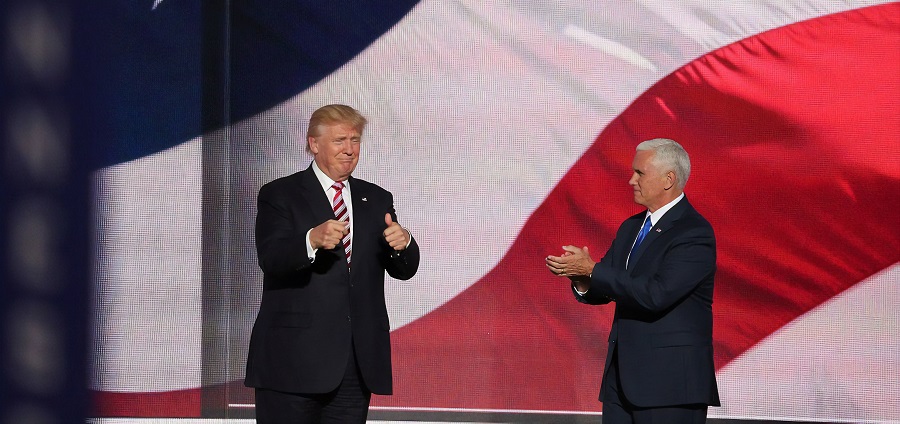Research Reveals Severe Economic Impact of Restricting Immigration
A recent study suggests that an Executive Order restricting employment immigration issued by U.S. president Donald Trump has had a costly impact on the country’s economy, potentially resulting in a $100 billion loss.
The study was conducted by Brookings Institution. The authors estimate that the Executive Order signed on June 22 has resulted in 200,000 fewer foreign workers and their dependents being able to enter the U.S. in 2020.
The Executive Order was issued at the peak of the COVID-19 pandemic, and limited the number of employment-based visas that the U.S. would issue for the remainder of the year.
The employment-based visas that were limited under this order fall under the H-1B, H-2B, J, and L categories.
The Trump administration, however, defended the move, stating that the goal was to protect American workers during the pandemic.
“I have determined that the entry, through December 31, 2020, of certain aliens as immigrants and non-immigrants would be detrimental to the interests of the United States,” Trump proclaimed.
Brookings also compared the valuations of Fortune 500 companies that rely on skilled foreign workers before and after the Executive Order was signed, an analysis that showed a 0.45 percent decline in the companies’ market valuation, representing a $100 billion loss.
It’s difficult to say whether there is a direct correlation between the Executive Order’s immigration restrictions and the drop in market valuation, however, as the U.S economy has been volatile throughout the COVID-19 pandemic.
Nevertheless, according to Brookings, “[t]here is overwhelming evidence documenting that skilled immigration improves firm outcomes such as profits, productivity, production expansion, innovation, and investment.”
“It is plausible that the Trump administration’s measures significantly restraining immigration will have lasting negative impacts on American firms, and with it, slow down the post-COVID-19 economic recovery,” the report added.
Brookings summarized its report by stating that the findings are indicative that policies restricting immigration, including refugees, students, and skilled workers, are harmful to the U.S and “are the opposite of what is needed to achieve a full economic recovery in the aftermath of the global pandemic.”
“We hope our study can inform the policy debate on the importance of designing policies that allow the U.S. economy to continue to grow by complementing American workers with talent from abroad, a formula that has always been an engine of growth for the economy.”
Share this article
Arghavan Gerami
Arghavan Gerami is the Founder and Senior Counsel at Gerami Law Professional Corporation ('PC'), a full-service immigration law firm in Ottawa, Ontario. Since 2011, Ms. Gerami has focused her practice on immigration and refugee litigation. Prior to that, Ms. Gerami worked at the Ministry of Attorney General and the Department of Justice and had the privilege of serving the Honourable Mr. Justice M. Evans at the Federal Court of Appeal on immigration and administrative law appeals. Ms. Gerami contributes to the Immigration Law Section of the Canadian Bar Association, the Canadian Association of Refugee Lawyers, and the United Nations High Commissioner for Refugees. Ms. Gerami has also published numerous journal articles and presented at various immigration and refugee law conferences and events across Canada.

